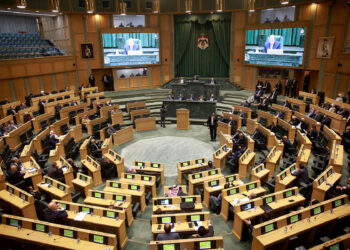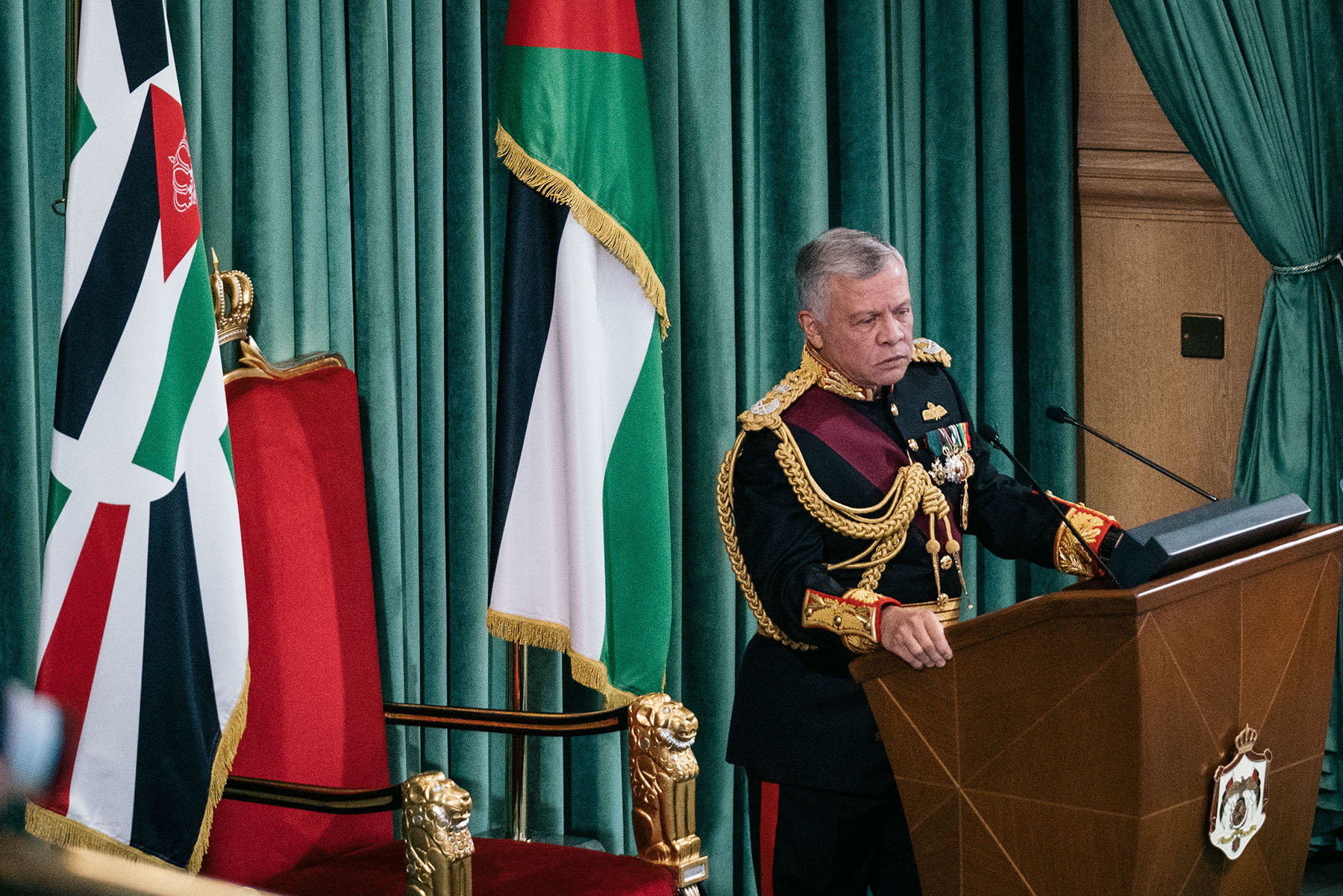Mohammad Fadel is Full Professor at the University of Toronto Faculty of Law, where was previously the Canada Research Chair for the Law and Economics of Islamic Law. He is also a DAWN fellow.
The New York Times reported last November that the UAE had launched a series of legal reforms intended to attract foreign tourists and investment.
The substance of these reforms deals with issues that result from cultural clashes between UAE natives and foreign tourists and guest workers – alcohol consumption, non-marital sexual relations, marriage and divorce laws — and from time to time erupt in headlines across the world, causing public embarrassment for the UAE.
The framing of these reforms is revealing: in the words of the New York Times reporter, the UAE "seeks to enhance its brand as a globalized, forward-looking place attractive to foreign tourists, professionals and investors," and by "diminish[ing] the role of Islamic legal codes in [its] justice system," it seeks an easy way to burnish its brand.
Of course, greater protections for women from domestic abuse and honor killings are a good thing. But the fundamental problem with the UAE's legal system was not that it was too "Islamic"; rather, the problem was and remains its despotic character. Until the state itself is subject to the law, and public officials are democratically accountable, all reforms that purport to enhance personal rights are chimerical.
While punishment for drinking alcohol and non-marital sex are headline grabbing in the western media, a vast spectrum of quotidian human rights abuses — such as the criminalizing the issuance of a check with insufficient funds ("bounced" checks) and the abuse of migrant labor – receive less attention, despite the pervasiveness of these practices. More generally, a country in which even citizens, as the case of the imprisoned human rights defender Ahmed Mansoor shows, lack political rights against their government, we can expect that the situation of non-citizens would be even more tenuous.
The case of Iyad Baghdadi, whom the UAE summarily deported in 2014, despite the fact that he had lived most of his life there, made clear to all expatriates that no political criticism would be tolerated. The rightlessness of the expatriate community in the UAE, ironically, is despite the fact that they make up almost 90% of the residents of the country and that without their contribution to all spheres of the UAE economy, life in its glittering cities would come to a halt.
As long as UAE citizens are excluded from holding the UAE government accountable for its actions, and expatriates do not feel secure to assert their rights, whether against the government or an abusive local employer, the law will only exist on paper, respected more in the breach than in the keeping.
While the reforms the UAE announced might make the stay of foreign tourists in the UAE more pleasant, they do nothing to address the systematic power imbalance between the ruler and the ruled in the UAE, nor do they secure an effective system of rule of law that could vindicate individuals' rights against the powerful or protect them from government abuse.
Instead, these announced reforms merely provide window dressing for a system in which the law is used a tool to entrench the state's despotic powers over those it rules, not a system designed to protect individual rights, personal and civil, and ensure the legality of the state's actions.
The UAE seeks to brand itself as a progressive jurisdiction, but it is unwilling to give its own citizens a meaningful voice in determining the country's future or to give expatriates meaningful rights that would secure their presence in a country they largely built up from scratch.
Progress is a lot more than tall buildings, glittering malls, and miles upon miles of five-lane highways. True progress consists of constant investment in the human capital of one's society, nurturing it, and promoting it by securing for it the conditions in which it can flourish. Foremost among the conditions required for human flourishing is giving the governed a meaningful voice in determining the rules which govern them.
Moreover, the best guarantee that laws effectively govern society is to ensure that the people, who are the ultimate authors of the laws, are in a position to hold public officials accountable for discharging their duties under the law. Without adequate guarantees of political rights of participation, the laws are likely to be neither perceived as just nor are they likely to be applied with the impartial fairness that the rule of law requires.
Marginal reforms in criminal law may make a big splash and may ease the anxiety of many foreign tourists who are considering a holiday in the UAE, but they should not detract us from continuing to demand real reforms that would transform the UAE from a despotic regime into a democracy that respects the rule of law.































![Security forces loyal to the interim Syrian government stand guard at a checkpoint previously held by supporters of deposed president Bashar al-Assad, in the town of Hmeimim, in the coastal province of Latakia, on March 11, 2025. Syria's new authorities announced on March 10, the end of an operation against loyalists of deposed president Bashar al-Assad, after a war monitor reported more than 1,000 civilians killed in the worst violence since his overthrow. The Syrian Observatory for Human Rights said the overwhelming majority of the 1,068 civilians killed since March 6, were members of the Alawite minority who were executed by the security forces or allied groups. (Photo by OMAR HAJ KADOUR / AFP) / “The erroneous mention[s] appearing in the metadata of this photo by OMAR HAJ KADOUR has been modified in AFP systems in the following manner: [Hmeimim] instead of [Ayn Shiqaq]. Please immediately remove the erroneous mention[s] from all your online services and delete it (them) from your servers. If you have been authorized by AFP to distribute it (them) to third parties, please ensure that the same actions are carried out by them. Failure to promptly comply with these instructions will entail liability on your part for any continued or post notification usage. Therefore we thank you very much for all your attention and prompt action. We are sorry for the inconvenience this notification may cause and remain at your disposal for any further information you may require.”](https://dawnmena.org/wp-content/uploads/2025/04/syria-22039885951-360x180.jpg)






